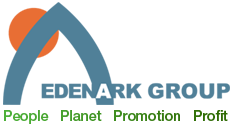As we have been saying for over a year, and as this article states, 3rd party auditing is coming to the world of sustainability reporting….and sustainability claims.
In 11 months (1/1/25), companies impacted by the European Union’s Corporate Sustainability Reporting Directive (CSRD) will not only need to disclose (on 2024 data) their risks and opportunities arising from social and environmental issues, and the impact of their activities on people and the environment; but they will also need to have this information assured by an independent 3rd party.
Further, as we posted a few days ago, individuals within companies can be penalized for lack of reporting.
These policies are consistent with those being adopted by other countries.
This brings us to the following points:
- In-house sustainability programs, with no ties to global standards, are obviously at risk
- Certifications via programs that did not include a 3rd party audit are also at risk
- Self-auditing, which was always a path for greenwashers, is a risk
- Sustainability / Eco / Green claims not supported by 3rd party certification/validation are at risk
For those organizations that have spent money on home-grown programs, the coming regulations are sobering. Alignment with respected global standards that include 3rd party auditing will need to occur sooner or later.
For those organizations that have yet to become sustainable, knowing that these new rules support what consumers, investors, lenders and governments are demanding, an opportunity presents itself for you to do it the right way the first time.
This post presents the things you should look for in a sustainability program and this master class dives deeper into the topic.
Contact us with questions.
